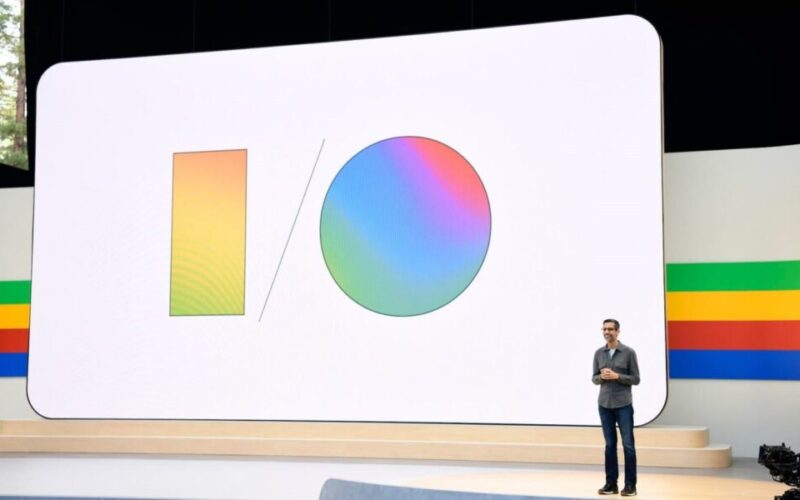Google kicked off this year’s I/O developer conference on Tuesday with a lengthy keynote stuffed with things generative AI will be able to do.
The keynote’s overall theme was all about making useful AI assistants do menial tasks for you so you have more time for other stuff.
Powered by the latest Google large language model (LLM), Gemini 1.5 Pro, these AI tools search the web for you, your photo library, or your overflowing email inbox.
That’s all great, removing drudgework to free up time for substantive work, but AI is known to hallucinate results. That’s amusing when the question is of no consequence, but what happens when you ask business-critical queries?
The jury is still out on this one, but here’s everything Google is powering with AI in the meantime.
Google’s latest LLM is available for developers
The latest upgrade to Google’s LLM is now out for developers worldwide, bringing updates to Gemini 1.5 Pro and a new product, Gemini 1.5 Flash, built for faster responses and more natural conversations.
The updated LLM’s power can do things like summarize Meet calls into bullet points or explain scientific theories in a way that is easier to understand.
AI is coming to everything Google makes

Gemini AI is being infused into every aspect of Google’s product stack, whether we want it or not.
Some of these are useful, like Ask Photos, which helps you find photos you’ve taken, or ask questions to figure out what themes you’ve used for a family member’s birthday parties.
New features for Gmail will browse through your inbox, create summaries for quickly handling tasks, and even generate email replies for you.
Android users will be able to call Gemini on Android (Google Assistant’s replacement) for email summaries, drag AI-generated images directly into various Google apps, and find specific information based on the currently playing YouTube video.
Gemini Nano will monitor and flag your phone calls if it thinks the caller is a scammer instead of your bank.
Google Shopping is also getting tools to handle online returns, order Doordash, and perform other simple tasks.
Gems will let you train chatbots for specific tasks, like designing fitness routines or choosing what to cook.
AI Search
Google says it “will do the Googling for you,” which is awfully presumptuous from a company that still needs other sources to feed Search with answers.
Still, AI summaries are the default for Search queries now, after being in beta since last year. I’ve been using this, and while it’s not always correct, it helps narrow down which entries in the results are worth reading further.
Google seems to have listened somewhat to publishers, as AI Overviews nudges searchers for things like recipes to go to the original site to read further. Whether that helps with the traffic loss many publishers have experienced recently remains to be seen.
AI creation tools
New AI media creation tools were also announced: Veo, which can create 1080p videos, and Imagen 3, a text-to-image framework.
Clearly, an attempt to keep up with OpenAI’s Sora text-to-video model, Veo can understand what’s in a video, simulate physics for more realistic outputs, and more. It’s currently in preview, and some features will be added to YouTube Shorts in the future.
Imagen 3 is a generative AI image creator, like Dall-E, with “photorealistic, lifelike images.” It seems to be better at what AI image generators struggle with, like hands or text. We’ll see when access is opened up more widely.
And Music AI Sandbox is coming to help generate background music for video use. These new AI tools are currently in limited beta, with trusted creators as part of the Labs program. That means they’re not ready for public release and could still have bugs.
Google Gemini is taking over
Google, once content to provide search results and sell ad space based on those searches, is now leveraging its technical expertise to integrate AI into everything.
The eventual goal sounds similar to the computer in Star Trek, where you can converse with it to do any task you want in a natural way.
We’re not quite sure how that will generate money for Google unless responses start coming with short advertising jingles, but we live hopeful that AI chatbots can actually be useful and not just a curiosity.
Did you feel you were able to Google just fine before AI? Or maybe you’re a creator worried about the impact on your business. Drop us a line below in the comments, or carry the discussion to our Twitter or Facebook.
Editors’ Recommendations:
Follow us on Flipboard, Google News, or Apple News
Source link
lol

